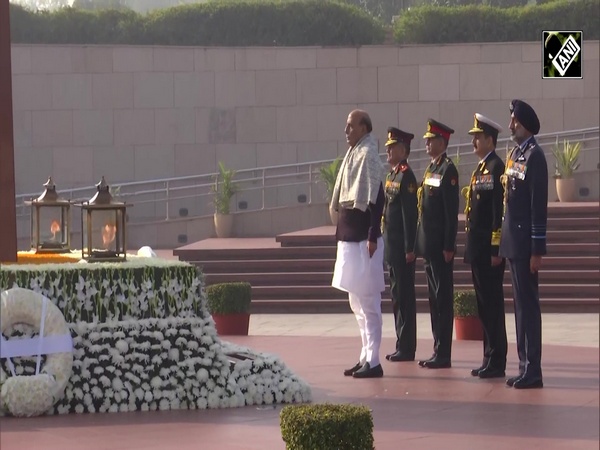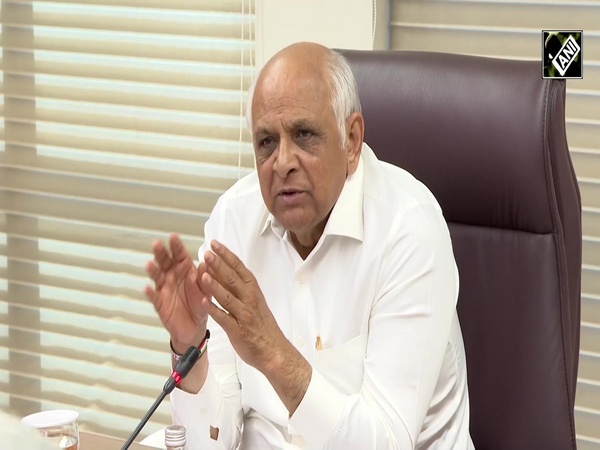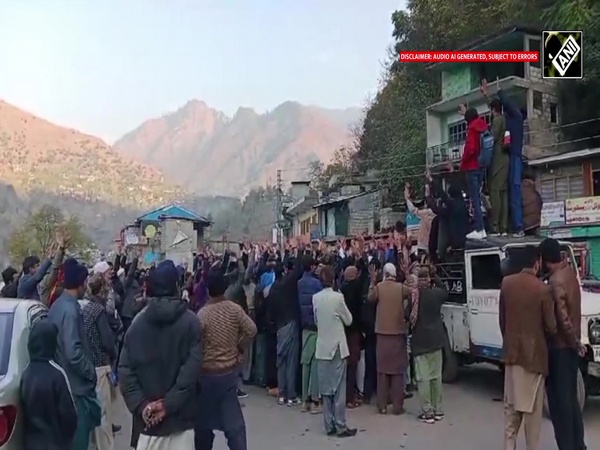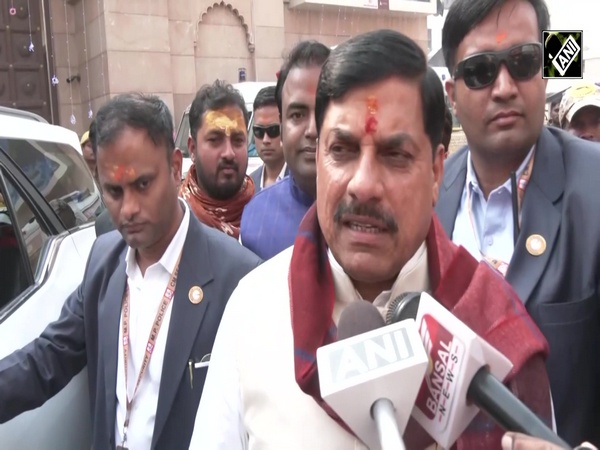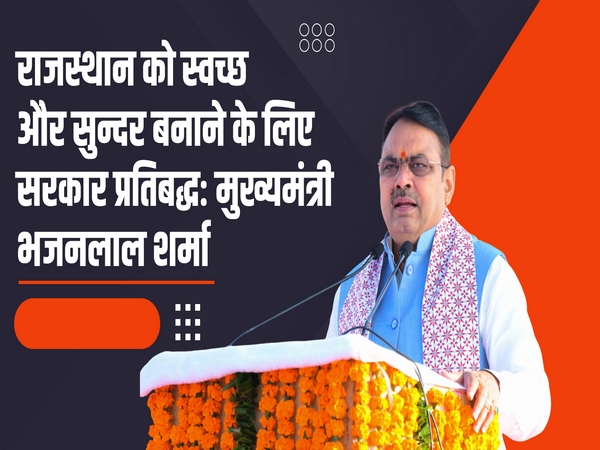Israel: Thousands set to protest judicial overhaul at 150 locations for 15th week
Apr 15, 2023

Tel Aviv [Israel], April 15 : Thousands rally against the judicial overhaul on Saturday evening, the day after leading rating agency Moody's downgraded Israel's economic outlook from positive to stable, citing the "deterioration of Israel's governance" amid the coalition's highly contentious bid to dramatically weaken the judiciary, Times of Israel reported.
Protesters have been gathering for over three months against the hardline coalition's plans to overhaul the judicial system, bring most judicial appointments under government control, and curb the oversight powers of the High Court of Justice.
The main event on Saturday evening was held at Tel Aviv's Kaplan Street, with protests set to take place at a further 150 locations around the country.
Speakers in Tel Aviv will include former IDF chief of staff Dan Halutz, Olympic athlete Vered Buskila, attorney Netta Amar Shiff from the Mizrahi-Civilian Collective, and social activist David Mizrahi.
Mizrahi is a former member of the extremist right-wing La Familia, which has been involved in multiple acts of violence against protesters and Arab bystanders. Security officials have previously called for it to be outlawed as a terrorist organisation.
The right-wing Im Tirtzu organisation has scheduled counter-protests in support of the overhaul at 12 locations across the country. National Security Minister Itamar Ben Gvir tweeted on Friday that he will attend the rally in the coastal city of Netanya.
Meanwhile, in a poll published Friday evening by Channel 12 news, just 52 per cent of voters for Prime Minister Benjamin Netanyahu's supporters said they would vote for the party again.
Thirteen per cent of respondents said they would vote for Benny Gantz's National Unity party, 2 per cent said they would vote for Yair Lapid's Yesh Atid, 8 per cent would vote for another party in the coalition bloc, 3 per cent said they would vote for another party in the opposition, and 22 per cent responded that they do not know.
The poll also showed that voters believe that the economy should be the government's priority rather than the judicial overhaul, 74 per cent believe that the government should address the economic crisis, with just 19 per cent believing that the overhaul was more important.
The survey was carried out and published prior to the Friday announcement by Moody's rating agency that it was downgrading Israel's economic outlook.
The agency said the change, which came just a year after Moody's upgraded Israel's credit outlook, "reflects a deterioration of Israel's governance, as illustrated by the recent events around the government's proposal for overhauling the country's judiciary.
"While mass protests have led the government to pause the legislation and seek dialogue with the opposition, the manner in which the government has attempted to implement a wide-ranging reform without seeking broad consensus points to a weakening of institutional strength and policy predictability," Moody's strongly worded, eight-page report read.
Hours before Moody's announcement, protests were held outside the homes of politicians from the coalition and opposition deemed by the protest movement to be critical in stopping the legislation.
Meanwhile, an Israeli expat protest group on Friday called on the leadership of the Jewish Federations of North America (JFNA) to rescind invitations to Netanyahu and Religious Zionism MK Simcha Rothman, an architect of the overhaul, to speak at the organization's annual assembly in Tel Aviv at the end of the month.
Netanyahu agreed in late March to call a timeout on advancing legislation that would give the government almost complete control over almost all judicial appointments to the Supreme Court and other courts, along with other parts of the judicial package. The month-long suspension was announced after weeks of intensifying protests had brought the country practically to a standstill.
However, leaders of the protest movement have threatened to deploy new forms of non-violent civil disobedience if lawmakers move to swiftly advance the legislation, highlighting rampant doubts around talks to reach a compromise on the sweeping reforms.
One of the major forms of non-violent civil disobedience used so far has been to block major highways and junctions around the country, causing severe traffic jams and leading to confrontations with the police who have used water cannons and stun grenades to disperse protestors.
Protesters have continued to express heavy distrust toward the negotiations between Yesh Atid and National Unity on one side and the ruling coalition on the other, under the auspices of President Isaac Herzog. They allege the talks are a ruse to quell the protest movement and advance the legislation quietly.
Opponents worry that the judicial appointments bill, which had advanced to its last two Knesset votes before the freeze was announced, could go before the Knesset plenum for final approval at a moment's notice once the Knesset returns from its Passover recess at the end of the month.
They say it will drastically weaken Israel's democratic character, remove a key element of its checks and balances and leave minorities unprotected. Proponents of the government's overhaul plans say reforms are needed to rein in politically motivated judicial activism.










